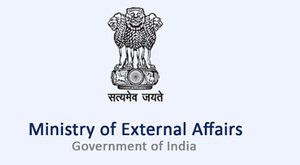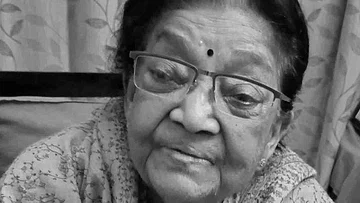4 Indian-Americans elected to National Academy of Engineering

New York, Feb 17 : Four Indian-American engineers are among 106 new members elected to the Washington-based National Academy of Engineering (NAE) for making outstanding contributions to engineering research, practice, and education.
This brings the total US membership to 2,420 and the number of international members to 319, NAE President John L. Anderson announced. The four Indian-Americans are: Shorya Awtar, Anirudh Devgan, Anil Sachdev, and T.S. Ramakrishnan.
Awtar, CEO of Parallel Robotics LLC, Michigan has been chosen for inventing and commercialising game-changing surgical products that have made minimally invasive surgery affordable and accessible around the world.
Devgan, President and CEO of Cadence Design Systems, California was chosen for technical and business leadership in the electronic design automation industry, and Sachdev, principal technical fellow and lab group manager, General Motors Co, Michigan for the research, development, and commercialization of lightweight materials to improve vehicle fuel economy.
Ramakrishnan, senior scientific adviser, Schlumberger-Doll Research Center, Massachusetts — for contributions to petrophysics, reservoir characterisation, abandonment of production wells, and carbon sequestration and storage.
Apart from four Indian-Americans, three Indians figure among 18 new international members of NAE, including Vikram S Deshpande, professor, Department of Engineering, University of Cambridge, UK; Raman Sujith, chair professor, Department of Aerospace Engineering, IIT-Madras, and Aniruddha B Pandit, vice chancellor and UGC Professor, Chemical Engineering, Institute of Chemical Technology, Mumbai.
Individuals in the newly elected class will be formally inducted during the NAE’s annual meeting on October 1, 2023. Election to the National Academy of Engineering is among the highest professional distinctions accorded to an engineer, according to a release.
“Academy membership honors those who have made outstanding contributions to ‘engineering research, practice, or education, including, where appropriate, significant contributions to the engineering literature’ and to ‘the pioneering of new and developing fields of technology, making major advancements in traditional fields of engineering, or developing/implementing innovative approaches to engineering education’,” an NAE release stated.
Election of new NAE members is the culmination of a year-long process. The ballot is set in December and the final vote for membership occurs during January.
Founded in 1964, NAE is a private, independent, non-profit institution that provides engineering leadership in service to the nation, and is a part of The National Academies of Sciences, Engineering, and Medicine.






